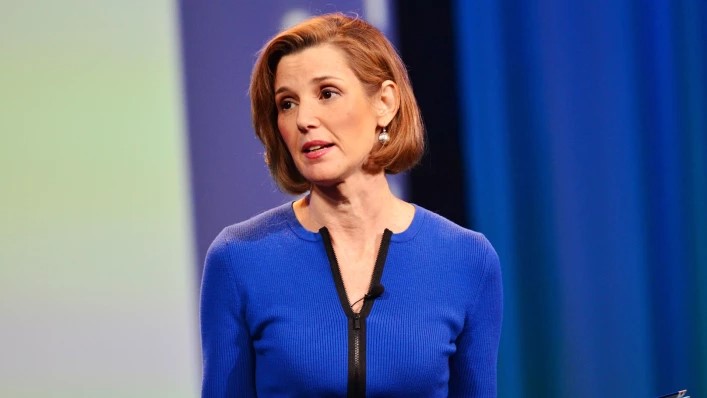How to Fundraise In A Sexist World, From 4 Women Who’ve Done It
The sexism and funding gap facing women entrepreneurs is well-documented. Women receive a paltry 3% of all venture-capital funding, and the numbers are getting worse.
As Sallie Krawcheck, CEO and cofounder of Ellevest, the investment platform for women, points out that investors “are doling out their money to VC firms that are 96% male on average, and 98% of their money goes to white and Asian men, so it’s their responsibility to change things.” Speaking with Krawcheck at the Fast Company Innovation Festival, Elizabeth Gore agrees. “The ecosystem needs to change,” says Gore, who serves as board chairman of Alice, a machine-learning tool for entrepreneurs. “From banks to seed funders to series C, they need make a commitment to diversity.”
“Who wouldn’t want 63% better returns?” adds Krawcheck, referencing the percentage by which First Round Capital estimates companies with a woman founder outperform those with all-male founding teams.
Meanwhile, however, women aren’t just going to wait for change. Gore and Krawcheck joined Tiffany Pham, CEO and founder of On Mogul, and Trisa Thompson, senior vice president of corporate social responsibility at Dell Technologies, to discuss how women entrepreneurs can work around bias to launch and grow their businesses. Here’s their advice.
PERFECT YOUR PITCH
Unfortunately, women founders are typically judged by different standards and have fewer resources than men. Pham knew convincing people to invest in a media company would be an uphill battle as it was, so she made extra certain that her pitch was strong.
“I didn’t have millions of dollars to hire a team of engineers, so I thought the way that I could help myself with fundraising was to come with a prototype,” she explains. “So every single night, I taught myself how to code.” Pham ended up with a website that wasn’t pretty but that had all the basic functions she wanted to show. Then, she says, she sent it to some of the women following her on social media whom she thought would be On Mogul’s early adopters. Pham ended up with a million users within one week, all before she starting pitching.
That gave Pham plenty of data, but she says she made the mistake of putting too much of it into her early pitch deck when, in retrospect, one strong data point per slide, backed by with good storytelling, would’ve been more compelling.
The way you talk about impact matters, too, Krawcheck notes. Many of the men who’ve pitched her talk about disruption or how their businesses will change the world, she says, while many of the women who pitch her focus more on the risks and the downsides.

